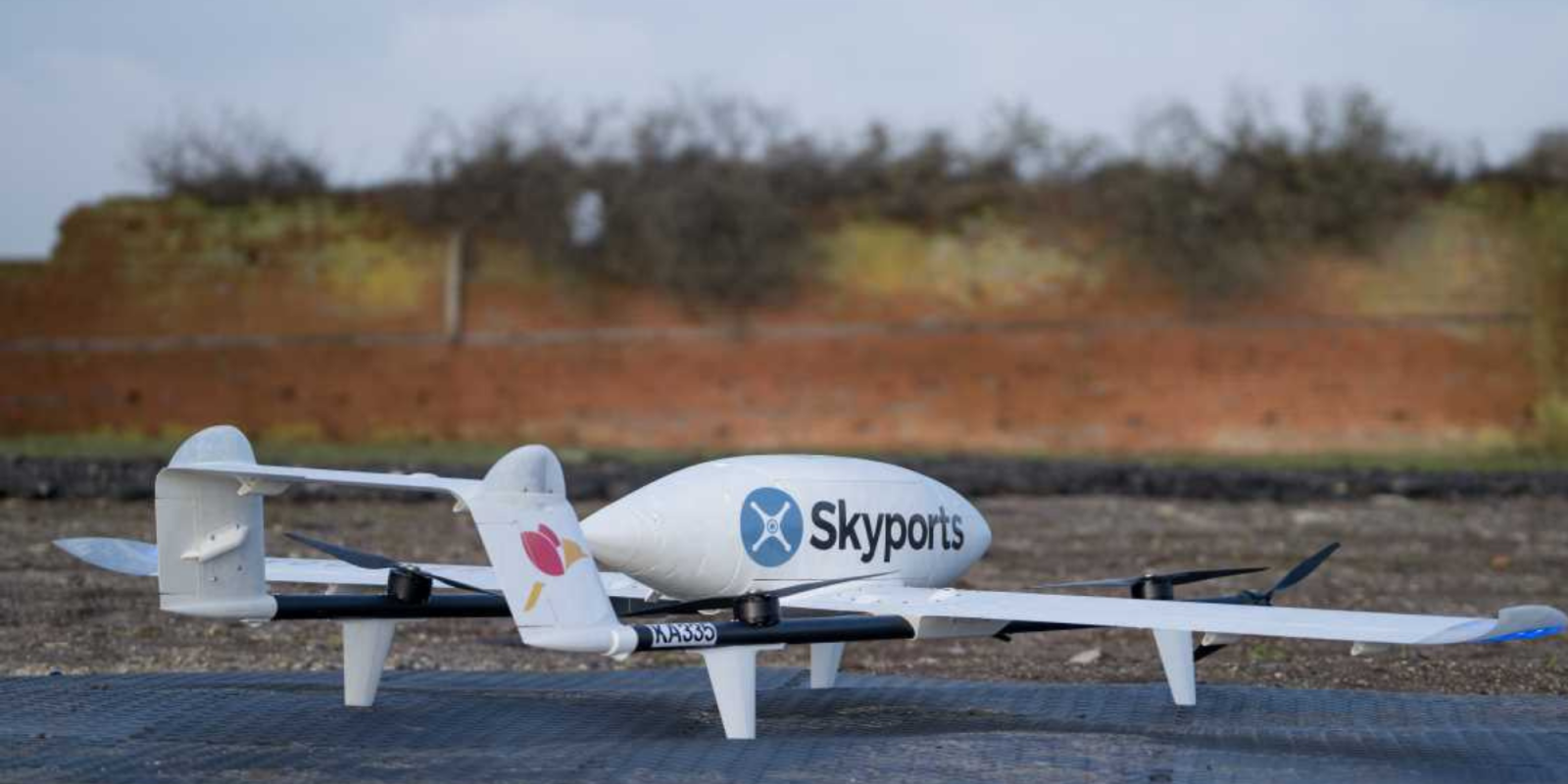
The UK has announced moves toward drone deliveries of transplant organs and vital medicines like vaccines being flown around the country. The steps in preparing the transportation of critical supplies to patients puts the country at the forefront of nations considering deploying the craft for urgent medical services.
With testing of drones delivering blood, organs, vaccines, and other sensitive medical payloads in advancing stages around the world, the UK is now moving to define the ways that will become a regular occurrence within the country. In doing so, the state Regulators’ Pioneer Fund that supports innovation has provided a grant to Britain’s Civil Aviation Authority (CAA) for use in establishing standards for the activity. As part of that, the CAA will work with the Medicines and Healthcare products Regulatory Agency to create and test specialized containers for those medical payloads.
That effort will seek compliancy with international regulations applicable to dangerous or sensitive goods transport, and draw on lessons the UK has learned from trial drone transport of medical supplies.
Test flights to and between Scottish islands have shown delivery times can be significantly reduced by uncrewed arial vehicles (UAV) compared to road or traditional air options. Officials at Skyports, which has been operating the drone tests in Scotland, say they’ve cut the turnaround time for remote blood testing results from 20 hours to just one.
Drone deliveries of medical supplies, transplant organs now a given
The main difference between the UK’s move and other drone trials of highly sensitive medical deliveries like transplant organs is the immediate objective. Britain is now to determine how that activity is going to happen on an increasingly regular basis, and no longer whether the method is safe and effective. That conditional element has been removed from the UK’s development plans.
In its work, for example, the CAA will produce and test containers used in transporting those materials, as well as the define parameters for testing them. At the moment, there are no frameworks in place anywhere in the world to verify that containers proposed for medical payloads are safe, temperature controlled, and resistant to leaking even when dropped or involved in a crash.
UK Business Minister Martin Callanan said the UK’s decision was based on the belief that – now that the tech in drone deliveries of organs and vaccines has been proven effective – regulators need to create guidelines that will allow sector specialists to take over, and take wing.
“Good regulation should spur entrepreneurship, not stand in its way, and this Fund will keep the UK at the cutting-edge of innovation,” he said. “The projects we are supporting could pave the way for exciting developments across a range of sectors, from drone technology to healthcare, all of which will bring benefits to British businesses and consumers alike.”
FTC: We use income earning auto affiliate links. More.




Comments